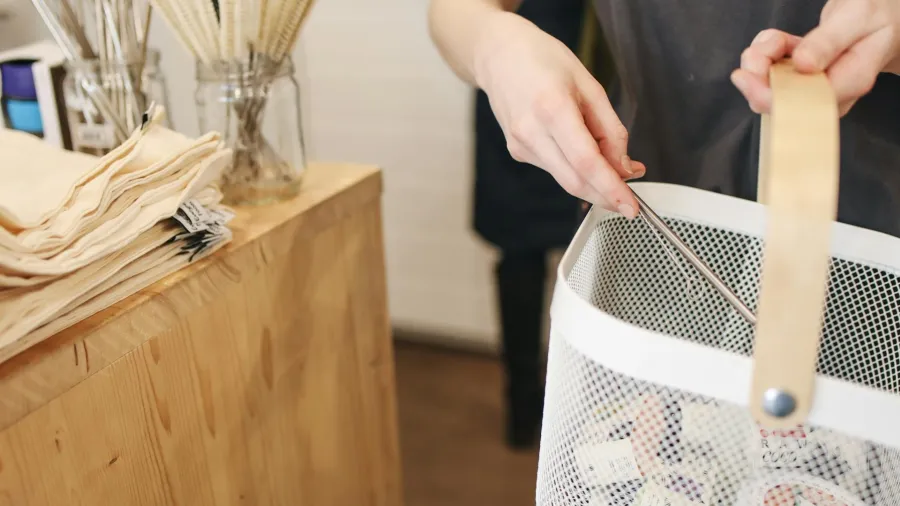
Sustainable product lines struggling amidst growing consumer consciousness
Four in 10 global consumers purchase sustainable products at least once a month.
Consumer companies have been launching sustainable products for decades to capitalise on rising eco-consciousness, but demand appears to be leveling off, according to Deloitte.
In its report, around 40% of global consumers purchase sustainable products at least once a month, primarily in food and household goods.
However, sustainable products only made up 18.5% of the consumer-packaged goods market in major economies in 2023, a modest increase of just 4.8 percentage points since 2015.
Whilst climate change awareness is high, the green-buying consumer base is not expanding, and the market share of sustainable products is growing slowly. At this rate, it would take over 50 years for green products to reach a 50% market share, the report said.
"Even with the rise in global climate change awareness, demand for greener products is likely to struggle when consumers are forced to choose between what’s better for the planet and what’s better for their wallets or lifestyle," it said.
"Sustainable products can come with trade-offs because producing something green at the same cost, quality, and convenience of a traditional product continues to be a challenge," the report added.
These trade-offs are particularly evident in categories like personal care and beauty. Consumers purchasing sustainable personal care products often pay premiums, with half of them reporting higher costs—around 25% more on average—compared to conventional options.
To remain competitive, companies in this space must navigate input cost challenges, including investments in R&D, eco-friendly materials, and complex supply chains.
The affluent, eco-conscious consumer group has helped support this market, but it is limited. Without broader consumer adoption or regulatory incentives, many companies are hesitant to fully commit to sustainable product lines, Deloitte said.
In categories like home furnishings, consumers are willing to accept lower-quality or slower-delivered products to buy sustainable alternatives. Innovation is needed to improve the quality and feel of sustainable textiles to compete with conventional materials.
Whilst some clothing sub-categories fare better in terms of cost and quality, the broader textiles industry still faces challenges. Circular fashion models, like second-hand and upcycled clothing, are gaining ground but are still a small part of the market.

















 Advertise
Advertise







